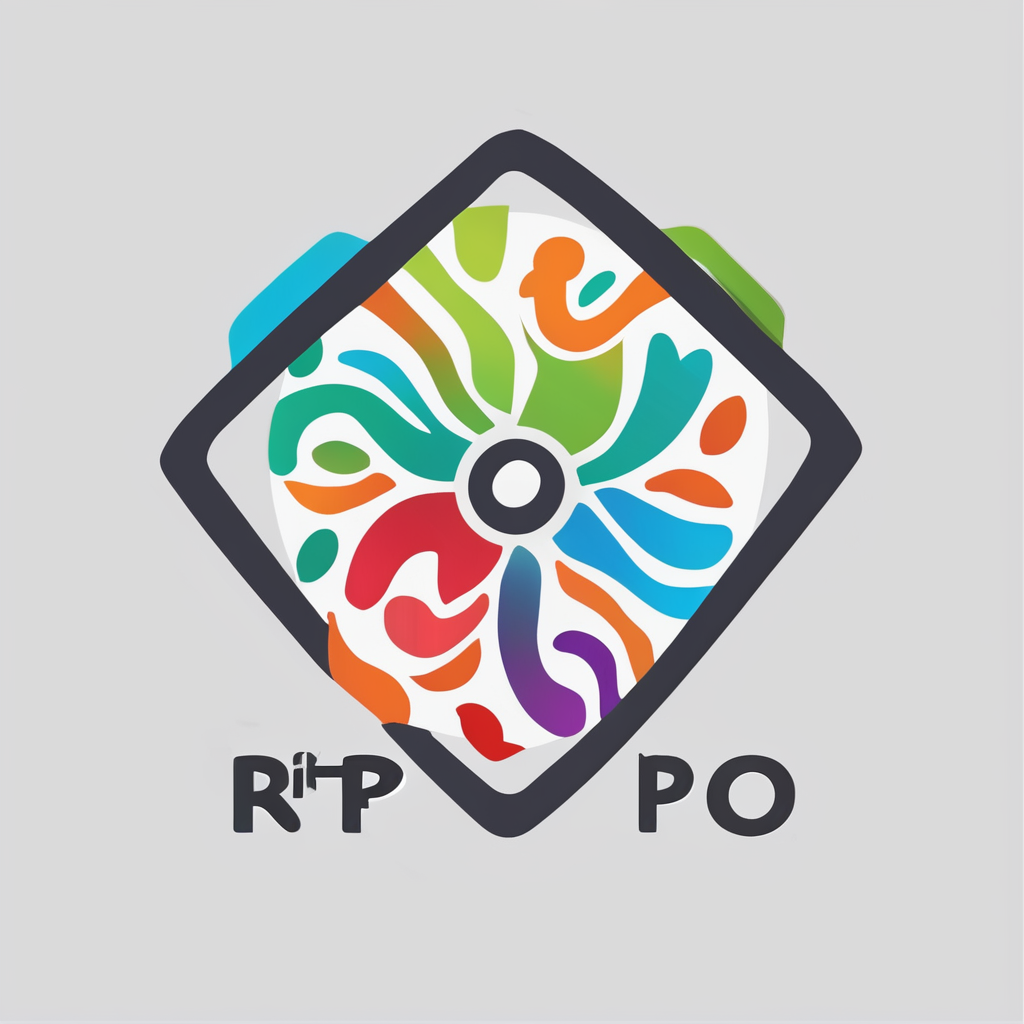Unlocking Luscious Locks: Essential Nutrients for Hair Growth and How to Add Them to Your Diet
When it comes to achieving healthy, luscious hair, many of us focus on the latest hair care products and styling techniques, but often overlook the most fundamental aspect: nutrition. Your diet plays a crucial role in the health and growth of your hair, and understanding which nutrients are essential can make all the difference.
The Role of Nutrition in Hair Health
Hair is primarily composed of a protein called keratin, and its growth and health are heavily dependent on the nutrients your body receives. A balanced diet rich in the right vitamins, minerals, and other nutrients is vital for promoting hair growth and maintaining overall hair health.
Also to read : Discover the advantages: can structured water systems boost hydration levels more effectively than regular tap water?
Genetic Factors and Nutrition
While genetics do play a role in determining the thickness and growth rate of your hair, a well-balanced diet can significantly impact the quality and health of your locks. As noted by nutrition experts, “ce que l’on mange influe sur la qualité de notre chevelure”[1]. A strict or imbalanced diet can lead to hair loss and thinning, emphasizing the importance of nutritional intake.
Essential Nutrients for Hair Growth
Several key nutrients are crucial for hair growth and health. Here’s a detailed look at each of them:
Additional reading : Revitalize your mind: exploring how digital detox enhances mental wellness and boosts productivity
Proteins for Strong Hair
Proteins are the building blocks of hair, with keratin being a combination of 18 amino acids, including cysteine and methionine. To produce high-quality keratin, it is essential to consume proteins, preferably from animal sources like chicken, beef, tuna, and dairy products. These proteins provide the necessary amino acids in significant quantities. For vegetarians, alternatives like soy, lentils, and quinoa are also effective[1].
Key Protein-Rich Foods:
- Chicken
- Beef
- Tuna
- Dairy products
- Soy
- Lentils
- Quinoa
Vitamins of the B Group
Vitamins of the B group are often referred to as the “pro-hair” vitamins. They are involved in the synthesis of keratin, the health of the hair follicle, and the strengthening of hair roots. These vitamins are found in meats (organ meats, red meat, poultry), eggs, fish and seafood, wheat germ, legumes, dried fruits, and brewer’s yeast[1].
Key B Vitamins:
- Biotin (B7): Crucial for keratin production and overall hair health[2].
- Vitamin B5 and B6: Essential for keratin production and hair follicle health[3].
Iron to Prevent Hair Loss
Iron is vital for transporting oxygen to the hair follicles, which is essential for their growth. Iron deficiency can lead to anemia, which is often associated with diffuse hair loss. Animal sources of iron, such as blood sausage, beef, eggs, and oysters, are better absorbed than plant sources like chickpeas, lentils, spinach, and seeds. Combining iron-rich foods with vitamin C (e.g., lemon juice or parsley) enhances iron absorption[1].
Key Iron-Rich Foods:
- Blood sausage
- Beef
- Eggs
- Oysters
- Chickpeas
- Lentils
- Spinach
Sulfur and Zinc for Protection
Sulfur and zinc are essential for the formation of hair. Sulfur helps bind keratin proteins together, while zinc links the sulfur terminations of these proteins. Zinc also has antioxidant properties, protecting hair from free radicals, along with vitamins C and E, and selenium. Foods rich in zinc include oysters, liver, wheat germ, whole bread, and beef. For sulfur, look to eggs, garlic, onions, meat, and fish[1].
Key Zinc-Rich Foods:
- Oysters
- Liver
- Wheat germ
- Whole bread
- Beef
Foods That Promote Hair Growth
Incorporating the right foods into your diet can significantly boost hair growth and health. Here are some of the most beneficial foods:
Fatty Fish
Fatty fish like salmon, sardines, and mackerel are rich in omega-3 fatty acids, which are essential for reinforcing the hair follicle and promoting hair growth. These fatty acids also contribute to the overall health of your scalp[3].
Eggs
Eggs are a rich source of proteins, iron, and biotin, making them an excellent food for hair health. Biotin is crucial for keratin production, and iron helps in maintaining healthy hair follicles. Opt for organic or free-range eggs to get the most nutritional benefits[3].
Almonds
Almonds are a good source of proteins, essential fatty acids, and magnesium, which has relaxing properties and can reduce stress associated with hair loss. They are also rich in vitamins, particularly B5, which is essential for hair follicle development[3].
Olive Oil
While olive oil itself does not directly promote hair growth, massaging your scalp with olive oil can help relax the scalp, reduce inflammation, and intensify hair growth. Its anti-inflammatory properties make it an excellent addition to your hair care routine[1].
Supplements for Hair Growth
For those who may not get enough of these nutrients through their diet, supplements can be a helpful addition.
Biotin and Vitamin E
Biotin is a water-soluble vitamin that supports the growth of hair, skin, and nails by helping to break down fats and carbohydrates. A deficiency in biotin can lead to weak hair and hair loss. Vitamin E acts as a powerful antioxidant, protecting hair follicles from free radicals that can hinder hair growth[2].
Zinc and Iron
Zinc is essential for protein synthesis and cell division, both critical processes for hair growth. A deficiency in zinc can lead to hair loss and slowed growth. Iron, as mentioned earlier, is vital for transporting oxygen to the hair follicles, and its deficiency can cause diffuse hair loss[2].
Table: Essential Nutrients for Hair Growth
| Nutrient | Primary Function for Hair |
|---|---|
| Biotin (B7) | Production of keratin |
| Vitamin C | Production of collagen |
| Zinc | Synthesis of proteins |
| Iron | Transport of oxygen to follicles |
| Omega-3 Fatty Acids | Reinforcement of hair follicles |
| Sulfur | Binding keratin proteins |
| Magnesium | Relaxation and stress reduction |
Practical Tips for Incorporating These Nutrients into Your Diet
Here are some practical tips to help you integrate these essential nutrients into your daily diet:
Balanced Meals
Ensure your meals are balanced and include a variety of foods. For example, a breakfast could include eggs (rich in proteins and biotin), whole grain toast (rich in B vitamins), and a glass of freshly squeezed orange juice (rich in vitamin C).
Snacking
Snack on nuts and seeds like almonds and chia seeds, which are rich in healthy fats, proteins, and magnesium.
Cooking Methods
Opt for cooking methods that preserve nutrients, such as grilling or steaming, rather than frying which can reduce the nutritional value of foods.
Supplements
If you find it challenging to get all the necessary nutrients through your diet, consider consulting a healthcare professional about supplements. However, always follow the recommended dosage to avoid any risks of overdosing[4].
Real-Life Examples and Anecdotes
Many people have seen significant improvements in their hair health by making dietary changes. For instance, a person who was experiencing hair thinning due to iron deficiency noticed a marked improvement after incorporating more iron-rich foods into their diet and taking supplements.
Quotes from Experts
- “La biotine est une vitamine hydrosoluble qui soutient la croissance des cheveux, de la peau et des ongles en aidant à décomposer les graisses et les glucides,” says Dr. Engelman, a renowned dermatologist[2].
- “La vitamine C aide à la production de collagène, une protéine qui peut aider à renforcer la peau à la racine des cheveux et, finalement, la kératine dans le corps,” explains Dr. Rodney, director and founder of Eternal Dermatology Aesthetics[2].
Achieving luscious, healthy hair is not just about using the right hair care products; it is also deeply rooted in your diet. By understanding and incorporating the essential nutrients like proteins, vitamins of the B group, iron, zinc, and omega-3 fatty acids into your diet, you can significantly promote hair growth and maintain overall hair health. Remember, a balanced diet is the foundation of healthy hair, and with the right foods and possibly supplements, you can unlock the full potential of your locks.




